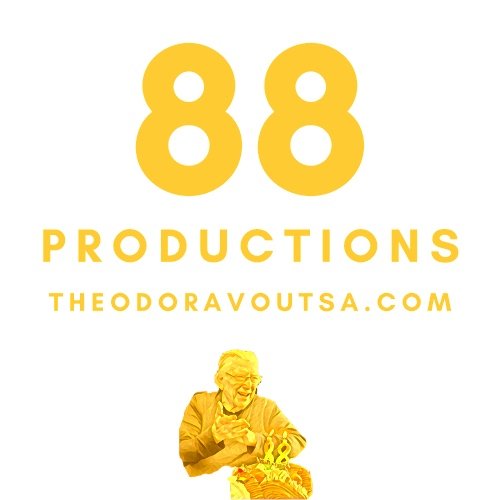The difference between an Artist, someone who creates their circumstances instead of just reacting to them, and someone who does not believe they are an Artist- and just reacts to the circumstances that Life brings his or her way- is just a THOUGHT.
That thought is called a Confining Conviction, a Limiting Belief, a False Program you downloaded along the way of becoming you.
More good news! You can reprogram these Confining Convictions. You can reprogram them using the tools provided by The Los Angeles Method, or if you can find another method- with that too. The only prerequisite is that you will WANT to make the change.
You need to want to make the shift. No one can make it for you. It is your Life and you are 100% responsible for it.
What helped me make the shift, what helped me make the change and start creating the life I want to lead, to start designing my life- is ART. Embracing the Artist within me helped me unleash my creative powers. This is why I created The Los Angeles Method- the feeling was too good not to share it with others.
Feeling self confident, powerful, standing on my own two feet, not being afraid to express my self, creating what gave me pleasure and helped me expand and grow, becoming strong to be able to help others rise with me are only a few of the benefits I gained along the way of becoming an Artist.
Art helps you release, unblock your emotions, get in contact with the Authentic and True you. Art supports your critical thinking, grows your self confidence. Of course my suggestion is not to evacuate all the offices, or Universities, or markets and grab a brush, or jump on stage or grab a microphone.
My suggestion is to use the technique of the Artist, the knowledge in creativity, in our every day life.
"The hand can never execute anything higher than the heart can imagine"
Ralph Waldo Emerson
Art opens your heart; from your heart you can create a stronger and more fulfilling reality.
Artists are entrepreneurs. They are willing to stake everything for the chance to go for it. Artists are drawn to money. The great historical centres of art such as Venice, Amsterdam, Paris, New York were also great centres for business.
Rubens was a great artist and a brilliant businessman. His assistants would work in his studio- factory in Antwerp and he would travel to all the aristocratic houses selling his work.
Profit buys freedom, freedom buys time, time allows you to create what you want and need.
An enterprising view is necessary for success.
Find the artist within you, the creator. As Leonardo Da Vinci observed:
" It has long since come to my attention that people of accomplishment rarely sat back and let things happen to them. They went out and happened to things."
That is the Artist's Way! To turn Nothings into Somethings.




